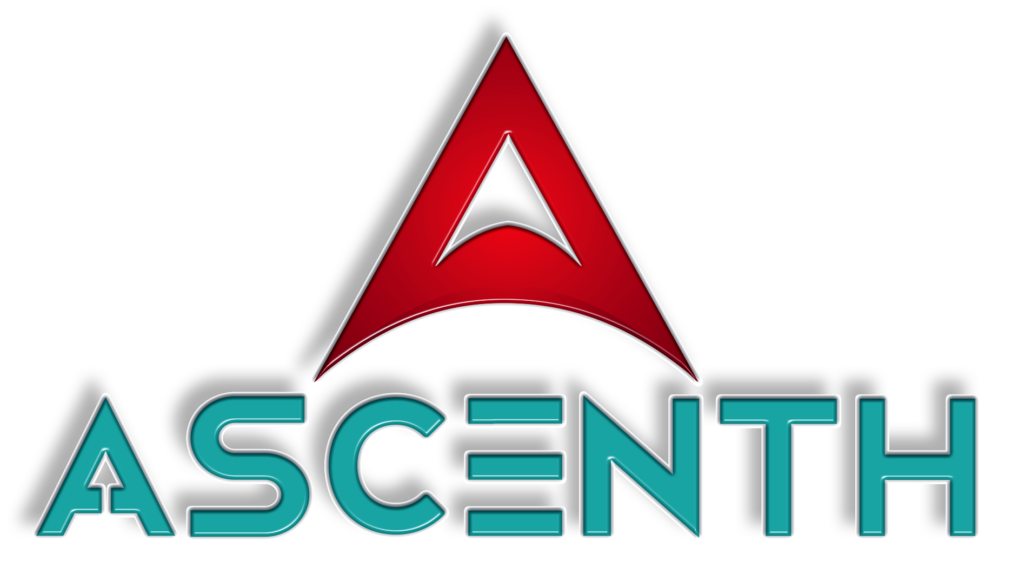Operating at the heart of Lancaster, SC, Ascenth provides expert regulatory consulting to businesses in the healthcare sector. One critical aspect of this domain is understanding the role of the U.S. Food and Drug Administration (FDA) in regulating medical products. This blog illuminates the FDA’s regulatory role, offering insight into its impact on medical product development and commercialization.
The FDA: A Beacon of Safety and Efficacy
The FDA is a federal agency dedicated to safeguarding public health by ensuring the safety, efficacy, and security of a broad range of products, including medical products such as drugs, medical devices, and biologics.
- Public Health Protection: The FDA’s primary role is to protect public health by ensuring that medical products are safe and effective for their intended use.
- Regulatory Oversight: The agency oversees the development, manufacturing, and marketing of medical products, ensuring they comply with federal laws and regulations.
- Product Classification: The FDA classifies medical products based on their risk level, determining the regulatory pathway they must follow.
Regulation of Drugs
The FDA oversees the entire life cycle of prescription and over-the-counter drugs, from their development to their consumer use.
- Preclinical Testing: Before a new drug can be tested in humans, it must undergo laboratory and animal testing to evaluate its safety and efficacy.
- Clinical Trials: If the results of preclinical testing are promising, the drug moves into clinical trials, where it’s tested on human volunteers.
- New Drug Application: If the drug proves to be safe and effective, a New Drug Application is submitted to the FDA, including data from the clinical trials.
- Post-Marketing Surveillance: Once a drug is on the market, the FDA monitors its safety and efficacy, taking action if adverse effects are reported.
Regulation of Medical Devices
The FDA also regulates medical devices ranging from simple tools like bandages to complex technologies like pacemakers.
- Device Classification: Medical devices are classified into three classes (Class I, II, and III) based on their risk level, with Class I being the lowest risk and Class III being the highest.
- Premarket Submission: Depending on their classification, medical devices may require a Premarket Notification 510(k) or a Premarket Approval application.
- Quality System Regulation: Manufacturers of medical devices must comply with the FDA’s Quality System Regulation, which outlines requirements for the methods and facilities used in the design, manufacture, packaging, and servicing of medical devices.
Regulation of Biologics
Biologics, which include vaccines, blood products, and gene therapies, are also under the FDA’s regulatory purview.
- Investigational New Drug Application: Before clinical testing in humans, an Investigational New Drug application must be submitted to the FDA, outlining the plan for testing the biologic in humans.
- Biologics License Application: If clinical testing shows the biologic is safe and effective, a Biologics License Application is submitted to the FDA for review.
- Post-Licensing Activities: Once a biologic is licensed, the FDA oversees its production and testing to ensure ongoing safety and efficacy.
The FDA’s role in regulating medical products is expansive and complex, from the early stages of product development to post-market surveillance. Understanding this regulatory landscape is crucial for any business in the medical product industry. At Ascenth, we’re committed to helping you navigate these complexities, ensuring your products comply with FDA regulations while you focus on what you do best – advancing healthcare solutions for the benefit of all.
In the intricate arena of medical product regulation, understanding the role of the FDA is not just beneficial—it’s essential. Grasping this can offer businesses a strategic advantage, ensuring they meet regulatory requirements and prioritize patient safety and product efficacy. At Ascenth, located in Lancaster, SC, we believe in empowering businesses with this knowledge. We’re committed to helping you navigate the regulatory landscape, offering expert guidance every step of the way. Because in the quest for innovation, compliance isn’t a hurdle—it’s the path that leads to success.
Sources:
- U.S. Food and Drug Administration. (2020). What We Do.
- U.S. Food and Drug Administration. (2020). Drug Approval Process.
- U.S. Food and Drug Administration. (2020). Medical Device Overview.



